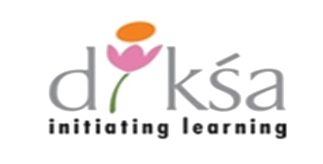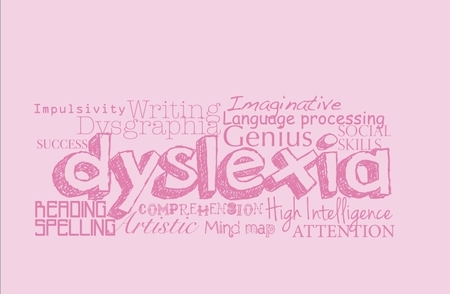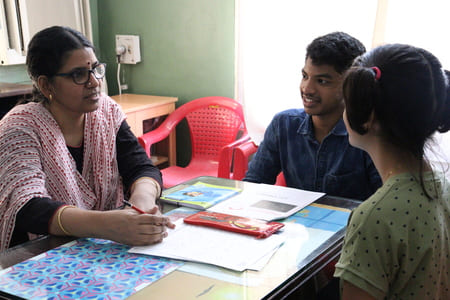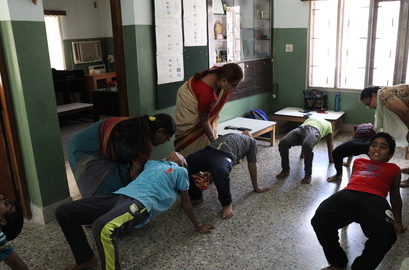In my experience, I have observed that once an individual is identified as a Dyslexic, he is perceived as a person with a disability or a challenge. The focus of parents and teachers is “fixing” the learning problem rather than looking at the individual as a person with his own distinct personality and the special gifts that Dyslexia itself may have bestowed upon him.
It is important to realize that a Dyslexic is much more than his learning disability. Dyslexia itself adds several dimensions to his personality. It permeates beyond the learning difficulty and has an impact on all aspects of an individual’s life including his/ her relationships, personality, temperament, career etc. There is a need to look at the individual holistically
Though I can say that no two dyslexics are alike, I have tried to draw a profile of a Dyslexic using several common characteristics I have observed in my students over the years.
Strengths of a Dyslexic
Many of them are good in sports, music, drama, cooking etc. They love to enjoy (take pleasure in) the good things in life. They also demand quality and style in whatever they do- be it dressing fashionably, or tasting good food or driving a good car. Indulgences!
Most Dyslexics have stronger right brain functions making them more creative and intuitive. Strengths which are rarely utilized in the education system. Some of them have a very spontaneous sense of humour.
Dyslexics are also very resilient. Repeated failures make them resilient. They are also risk-takers.
Temperament
With their emotions swinging like a pendulum many of them are quite unpredictable with “good” days and “bad” days which can be seen in their performances (in whatever field) fluctuating all the time.
They are quite sensitive and affectionate with a strong need for approval. Being very visual and intuitive, they can quickly sense the moods of people around. They themselves tend to be quite temperamental.
Learning style
Quite often they are very bright children with boundless energy (especially if Dyslexia is present with ADHD). They are quite restless with never ending curiosity and a craving for a variety in their experiences.
They are more often dictated by feelings and intuition rather than rational thought. They find it very hard to connect cause and effect.
Their creativity and excellence burst out in spurts (especially in academics). They are prone to tantrums and disobedience.
Approach to work and life
Due to their risk appetite, many of them are successful entrepreneurs. These are the individuals who will immensely benefit from a partner/ friend/ mentor who can keep them on track gently but firmly.
Some of them are too organized with their belongings/ space to the point of feeling anxious. There are others who keep flitting from one activity to the other paying no heed to organizing either their space, time or money, losing things and being clueless.
Many would come across as quite rash; jumping into an activity without a plan. They seem to be busy all the time but nothing gets achieved at the end of the day.
Relationships
Relationships, both personal and professional can be highly challenging and demanding. Since they are quite often impulsive and verbally insensitive, it can be hard on the other person. At times we also see dyslexics with very low self-worth who become too submissive and unable to assert themselves. These individuals quietly go through abuse and pain. Many of them go to counsellors and then realize their learning challenges from childhood.
Dyslexics can be demanding individuals. They are quite attention seeking and every small success has to be acknowledged and rewarded. They hate to be ignored. This may be due to repeated experience of failure academically and therefore low self-worth. Being very imaginative they also tend to catastrophize certain events and become emotionally dependent.
Many of my students are affectionate and empathetic. They also get attached to people very easily and are very eager to please. Some of them can be very naïve, trusting and gullible. They may employ different means like clowning, masking or pushing themselves too hard, just to see the smile on their favourite persons face. They tend to internalize and suffer the pain of their loved ones.
Some of them, tend to hide their inadequacies by resorting to the following behaviours
– Telling lies to themselves and to others
– Manipulating others using their ability to predict behaviour patterns
They generally get carried away by style rather than substance and often tend to make errors in judgement.
A note to teachers and parents of Dyslexics
Early intervention and remediation should also focus on these emotional/ behavioural aspects so that they can grow into mature adults with good emotional regulation and a balanced world view.
Remediation is not just about improving the child’s reading, writing and spelling. It is more about communicating to the child that he is accepted for what he is. The remedial tutor should be an empathetic listener, help the child accept himself, develop strategies to deal with anxieties, gain a realistic understanding of himself and adapt to new situations without fear.
The overall development and maturity achieved by those children who have found an empathetic tutor/ mentor is far superior to those who have had to fend for themselves. These children grow up to be more optimistic, assertive and confident adults with a better understanding of themselves and the demands of the world around them.
-Mrs. Sudha Ganesh Chella




